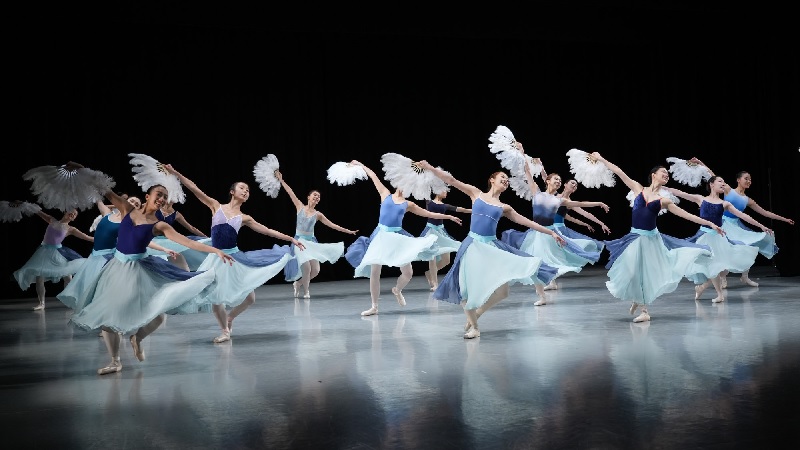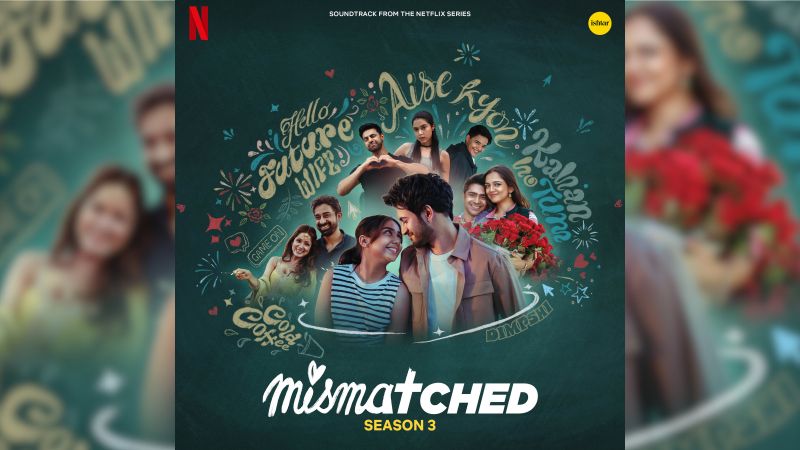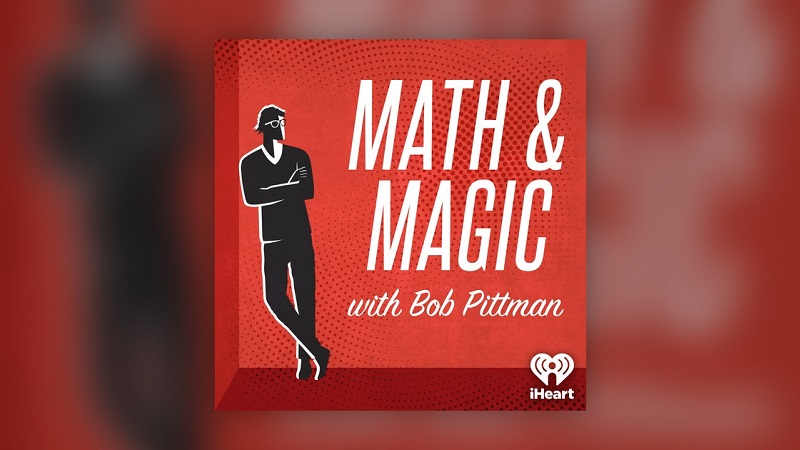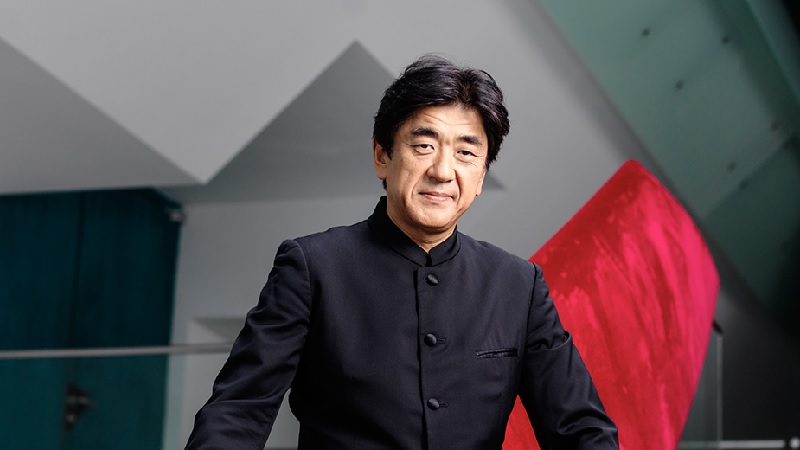The Soundtrack of Ally McBeal: Why Music Made This Legal Drama a Classic

[As we reflect on Ally McBeal’s legacy, it’s impossible not to acknowledge the strength and innovation of the U.S. television industry. Newswire by Music Press Asia]
In the world of late 90s television, few shows dared to blur the line between courtroom drama, emotional introspection, and musical fantasy quite like Ally McBeal. Created by David E. Kelley, the series wasn’t just known for its quirky characters or surreal narrative style—it carved its cultural legacy through music. And not just as background ambiance, but as a central character in its own right.
At the heart of this musical universe stood Vonda Shepard, whose live performances at the bar beneath the law firm served as the emotional pulse of the show. Shepard’s renditions of pop and rock classics—from “Hooked on a Feeling” to “Searchin’ My Soul”—reflected the inner turmoils, romantic longings, and existential quirks of the characters. These weren’t merely covers; they became spiritual monologues, offering audiences a moment of clarity amid the show’s often surreal comedic chaos.
Guest performances from legends like Barry Manilow and Tina Turner elevated the series even further, blurring the boundaries between the small screen and a Broadway-style revue. But perhaps the most iconic musical moment belongs to the show’s most eccentric character, John Cage, whose recurring theme song—Barry White’s “You’re the First, the Last, My Everything”—was more than a gimmick. It was a sonic suit of armor. For Cage, the music was his swagger, his way to cope with the pressure of lawyering and social awkwardness alike.

Each character in Ally McBeal had their own soundtrack. A theme. A personal anthem. It was one of the first mainstream series to give music meaning beyond mood setting—it reflected identity, served as therapy, and helped the audience emotionally navigate the strange waters of adult life.
What made the series stand out—despite being set in a rather mundane environment like a law firm—was how music offset that mundanity with color, emotion, and spectacle. Jazz, Motown, rock, pop ballads—they weren’t genres thrown in for variety; they represented the emotional palette of modern life. Music became the great equalizer: lawyers who argued about legalese by day danced their personal dramas out by night.
The show’s warm, almost orangey aesthetic—mirrored in the wood-toned furniture of its office interiors—may appear dated by today’s slick digital production standards. But therein lies its charm. Ally McBeal endures because its themes are universal, and its music timeless. In a world of streaming-era content overload, where few shows allow time for emotional resonance, Ally McBeal remains a rare example of how music can elevate television to art.
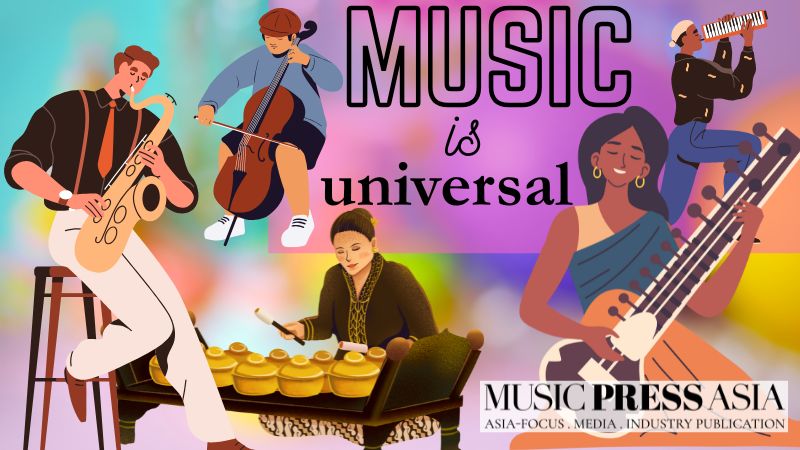
This isn’t just a nostalgic look back. It’s a case study in how soundtracking can define character arcs, storytelling beats, and emotional memory. Ally McBeal wasn’t just a TV show; it was a jukebox musical for the introspective adult. A place where singing out your feelings made perfect sense.
And perhaps the saddest truth is: they don’t make them like this anymore.
The future of television
As we reflect on Ally McBeal’s legacy, it’s impossible not to acknowledge the strength and innovation of the U.S. television industry—still one of the most influential in the English-speaking world. With decades of storytelling excellence, it has produced series that not only entertain but shape global cultural narratives.
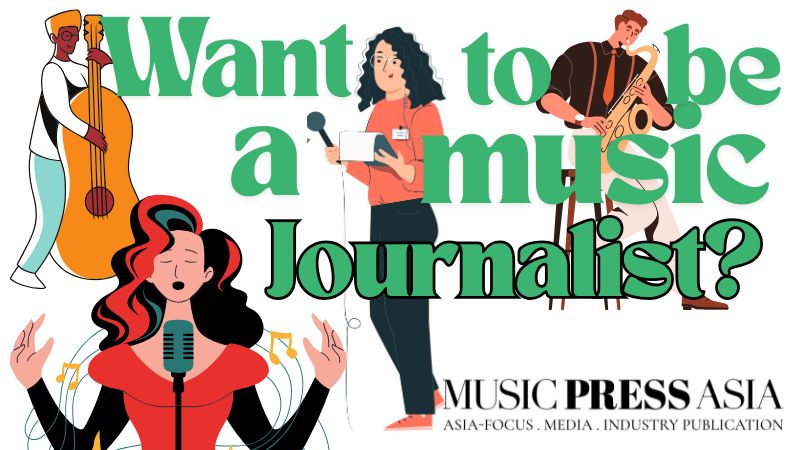
Korean-pop drama television series
Today, it shares the stage with rising forces like Korean dramas, whose highly stylized formats, emotional depth, and transnational appeal are captivating audiences worldwide. Yet while the formats differ—K-dramas often tightly scripted and visually poetic, U.S. series like Ally McBeal embrace eccentricity and long-form character development—the evolution is clear. In the era of streaming and subscription-based platforms, storytelling has become more niche, daring, and audience-focused. Ally McBeal paved the way for such experimentation, proving that when music, character, and emotion converge, television becomes more than just content—it becomes a cultural milestone.
Ally McBeal’s five-season television series is now available on Disney+

